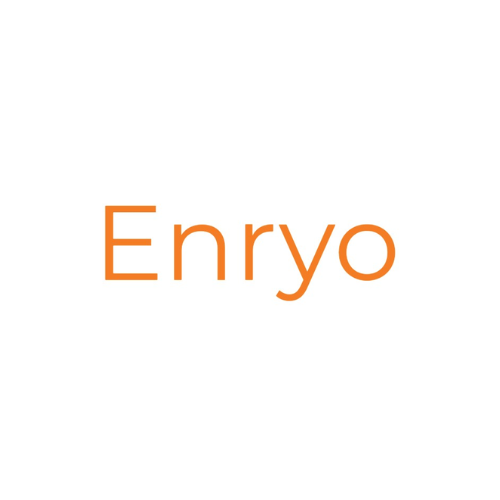In a move towards enhancing privacy in digital currency transactions, the BIS Innovation Hub Hong Kong Centre, in partnership with the Hong Kong Monetary Authority, has announced the initiation of Project Aurum 2.0. This project marks the second phase of their initiative, aimed at refining the infrastructure for retail central bank digital currencies (CBDCs).
Project Aurum’s inaugural phase was a critical exploration into the viability of a unified technological framework that combines a wholesale interbank system with a consumer-friendly retail e-wallet. Building on the success of its preliminary investigations, the project is now set to tackle one of the most pressing concerns in the digital currency realm: user privacy.
Privacy concerns have emerged as a pivotal factor influencing consumer readiness to embrace CBDCs. This insight comes from various public consultations conducted across multiple jurisdictions, reflecting a widespread public interest in the confidentiality of digital transactions. Recognising this, central banks are now prioritising the exploration of privacy-preserving mechanisms that do not compromise on the essential aspects of transparency and compliance.
The forthcoming phase of Project Aurum is poised to intensify its focus on privacy, incorporating insights and methodologies from diverse fields of expertise. By collaborating with academic institutions and privacy specialists, the project aspires to enrich the collective understanding of central banks regarding privacy considerations in CBDC designs. This initiative is intended to showcase how innovative technologies can be harnessed to safeguard personal information in the sphere of digital currencies.
Project Aurum 2.0 will employ a ‘privacy by design’ approach, rigorously evaluating various privacy-enhancing technologies, such as pseudonymisation and zero-knowledge proofs. A key objective of this phase is to assess the impact of enhanced privacy measures on the overall performance and regulatory compliance of CBDC systems.
This endeavour reflects a growing acknowledgment within the financial sector of the necessity to balance privacy with transparency. As digital currencies continue to evolve, Project Aurum 2.0 could potentially represent a critical step forward in ensuring that future CBDC frameworks can offer secure, private, and efficient transactional capabilities.



































































